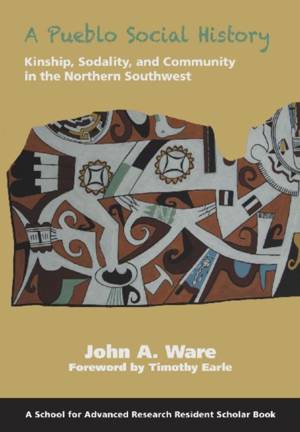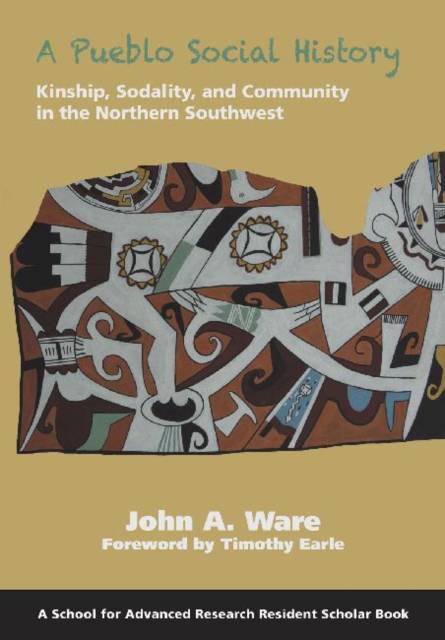
- Afhalen na 1 uur in een winkel met voorraad
- Gratis thuislevering in België vanaf € 30
- Ruim aanbod met 7 miljoen producten
- Afhalen na 1 uur in een winkel met voorraad
- Gratis thuislevering in België vanaf € 30
- Ruim aanbod met 7 miljoen producten
Omschrijving
A Pueblo Social History explores the intersection of archaeology, ethnohistory, and ethnology. Ware argues that all of the key Pueblo social, ceremonial, and political institutions--and their relative importance across the Pueblo world--can only be explained in terms of indigenous social history stretching back nearly two millennia. He shows that the principal community organizations of the Pueblos emerged for the first time nearly thirteen hundred years ago, and that the interaction of these organizations would forge most of the unique social practices and institutions described in the historical Pueblo ethnographies.
A Pueblo Social History offers new perspectives on the pithouse to pueblo transition, Chaco phenomenon, evolution of Rio Grande moieties, Western Pueblo lineages and clans, Katsina cult, great kivas, dynamics of village aggregation in the late prehistoric period, and much more. In the tradition of classic anthropological writings, this book focuses on the details of a particular case as it carries general lessons to the discipline. In the words of Timothy Earle, "A Pueblo Social History contains a subtle call to reconceive an anthropology grounded in the principles that made our discipline distinctive."
Specificaties
Betrokkenen
- Auteur(s):
- Uitgeverij:
Inhoud
- Aantal bladzijden:
- 272
- Taal:
- Engels
- Reeks:
Eigenschappen
- Productcode (EAN):
- 9781938645105
- Verschijningsdatum:
- 18/03/2014
- Uitvoering:
- Paperback
- Formaat:
- Trade paperback (VS)
- Afmetingen:
- 178 mm x 249 mm
- Gewicht:
- 566 g

Alleen bij Standaard Boekhandel
Beoordelingen
We publiceren alleen reviews die voldoen aan de voorwaarden voor reviews. Bekijk onze voorwaarden voor reviews.











